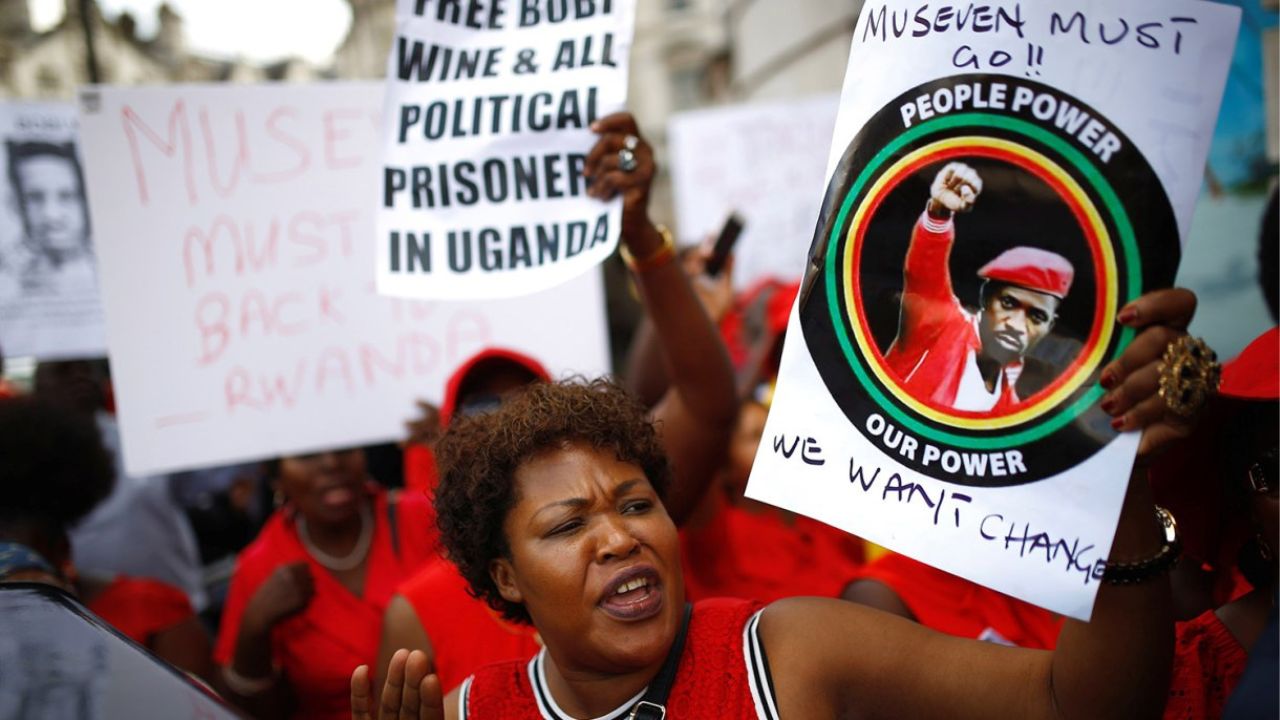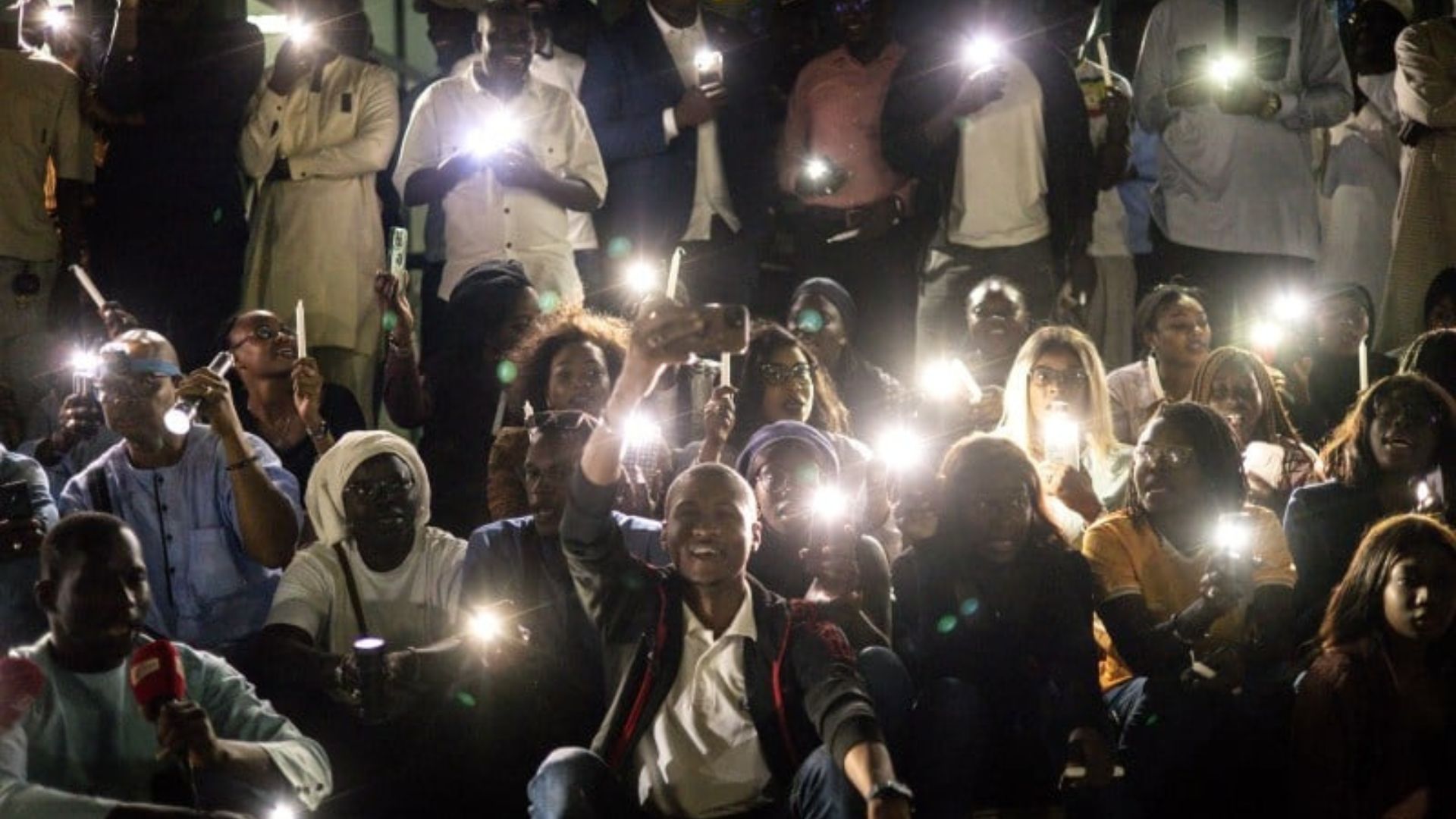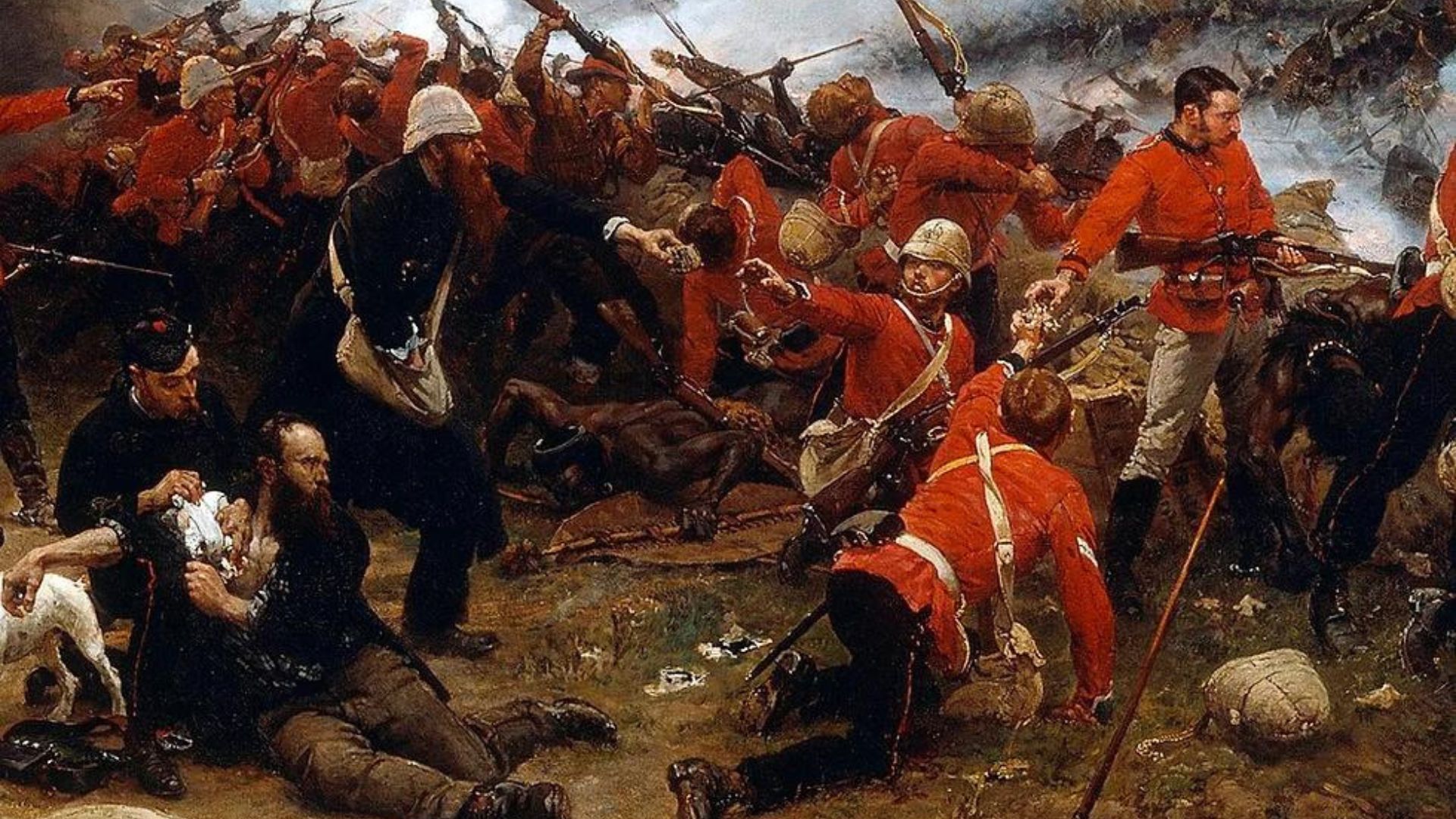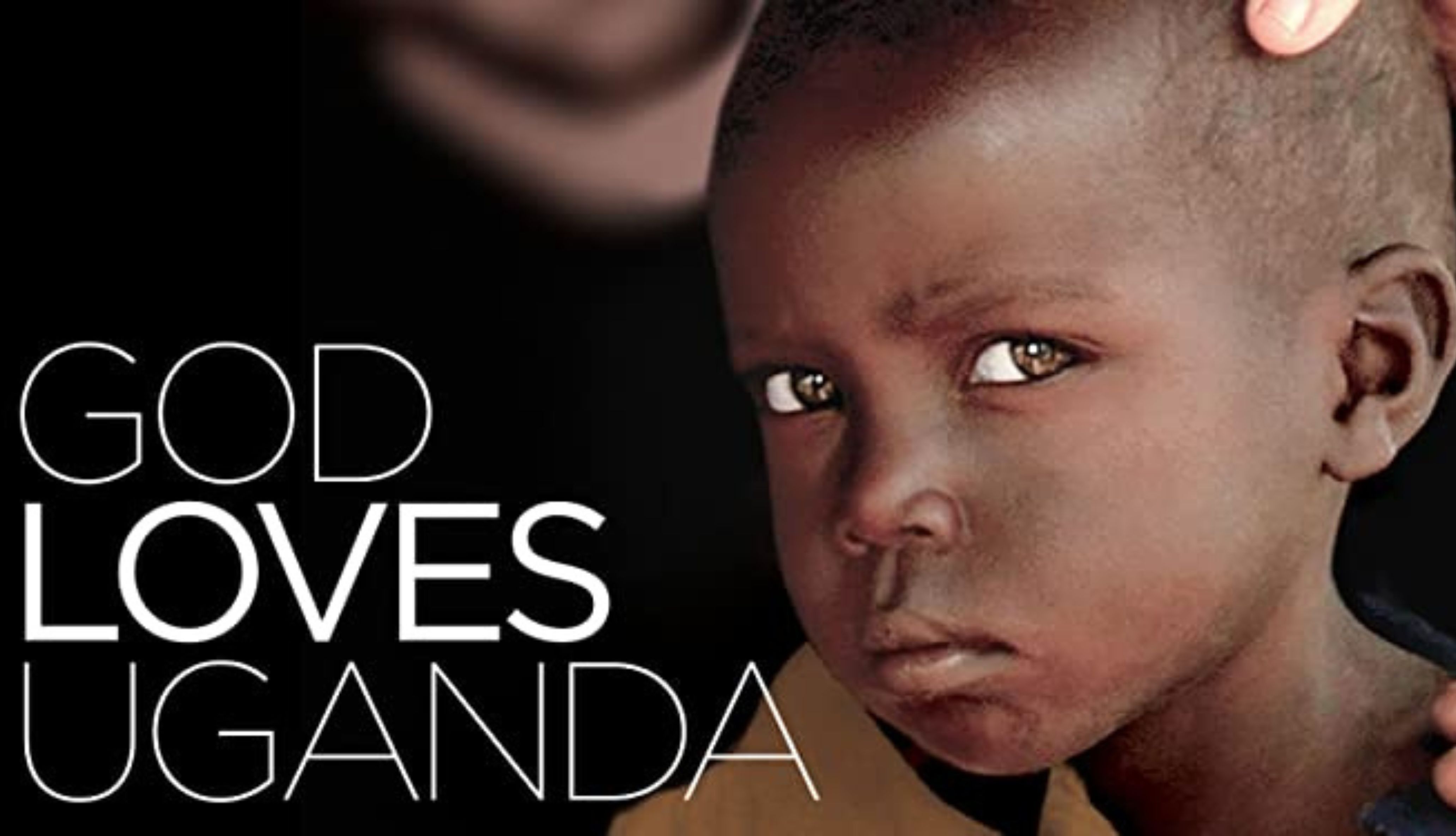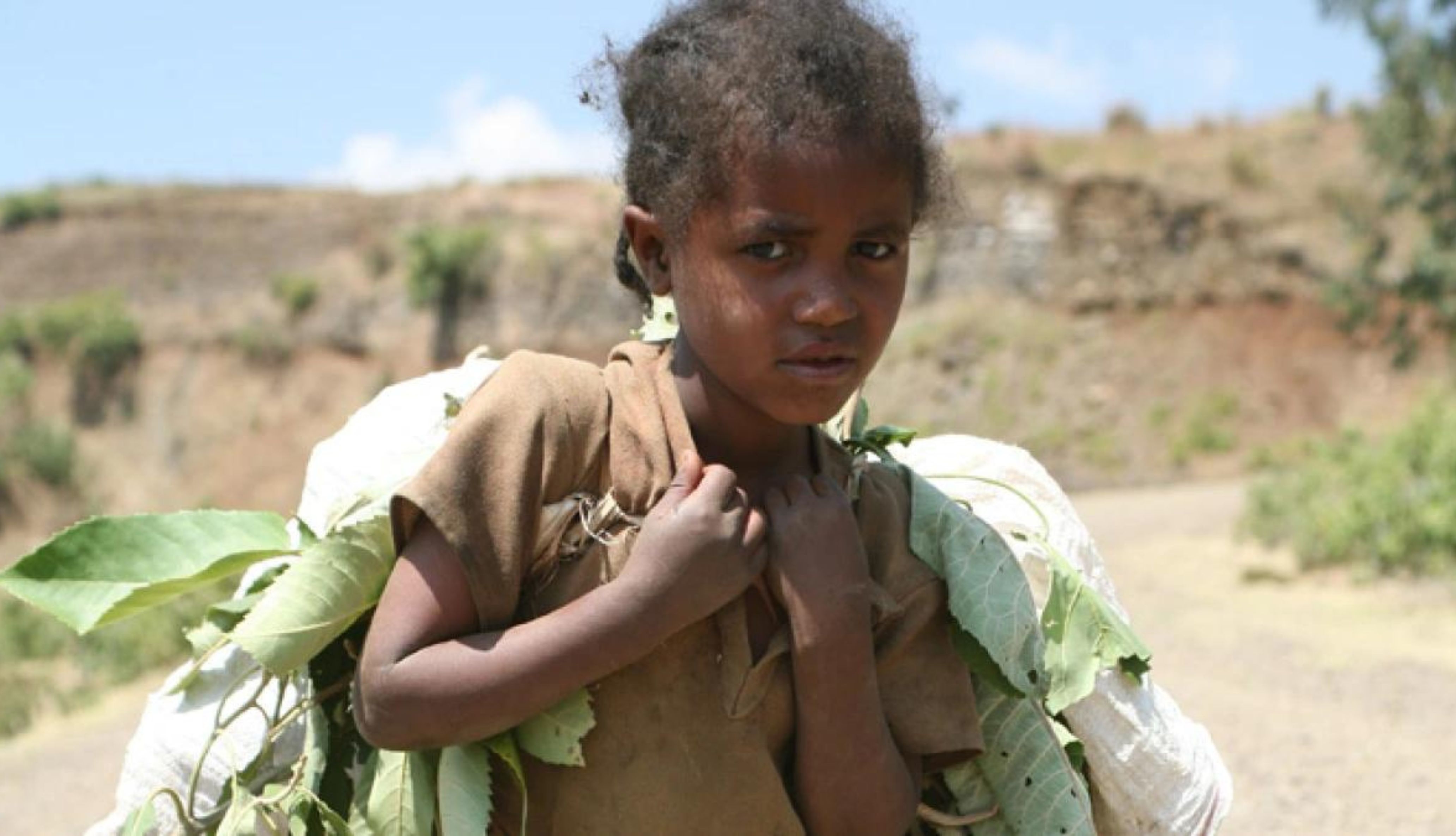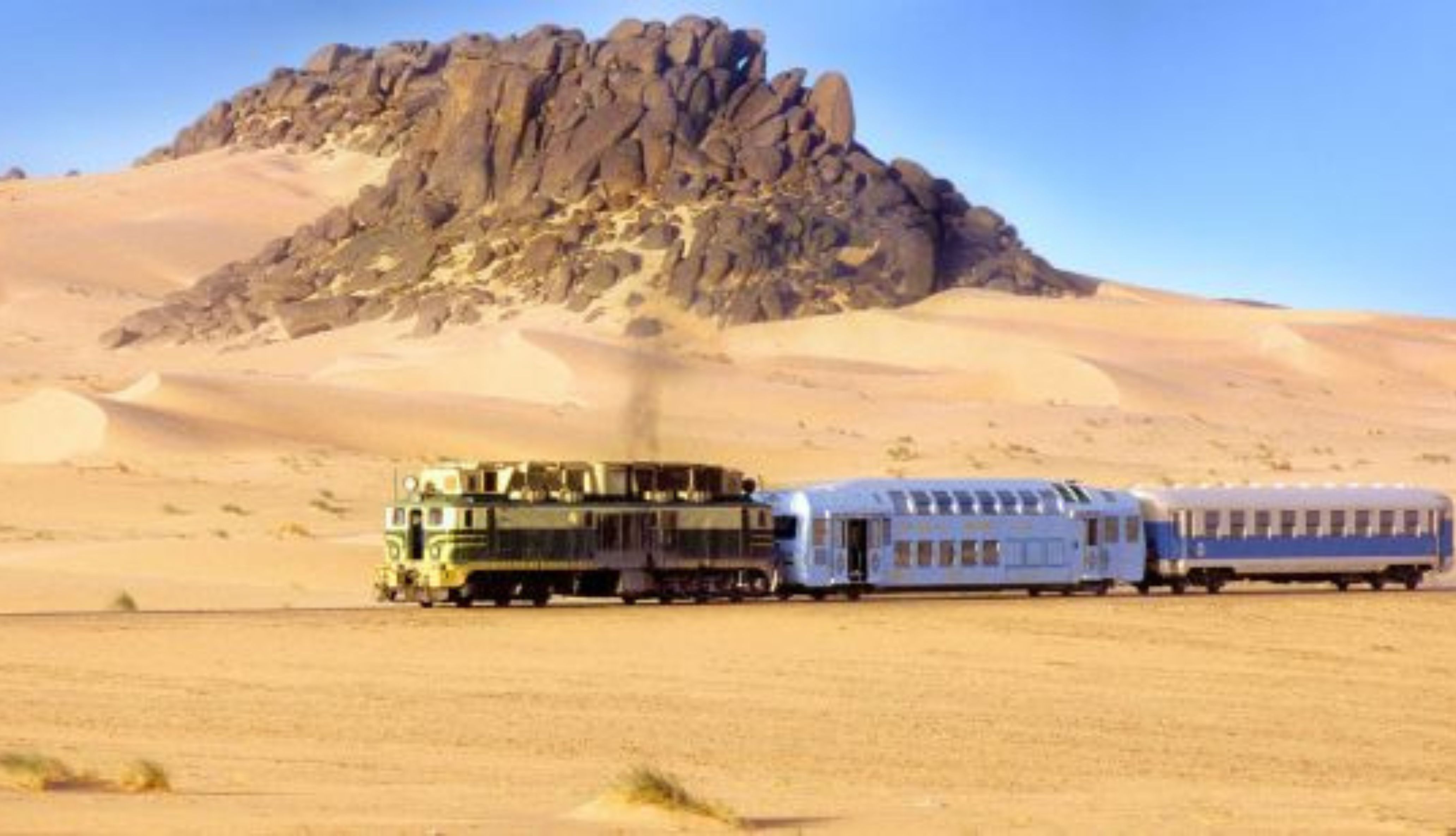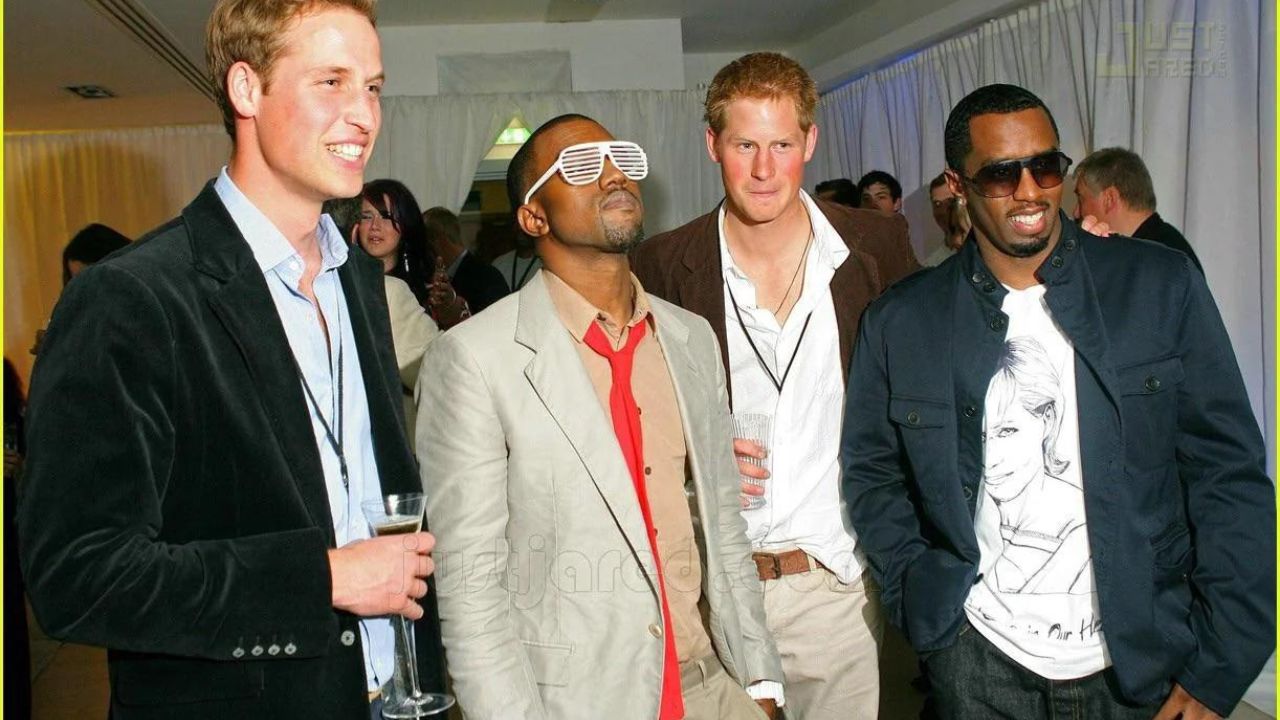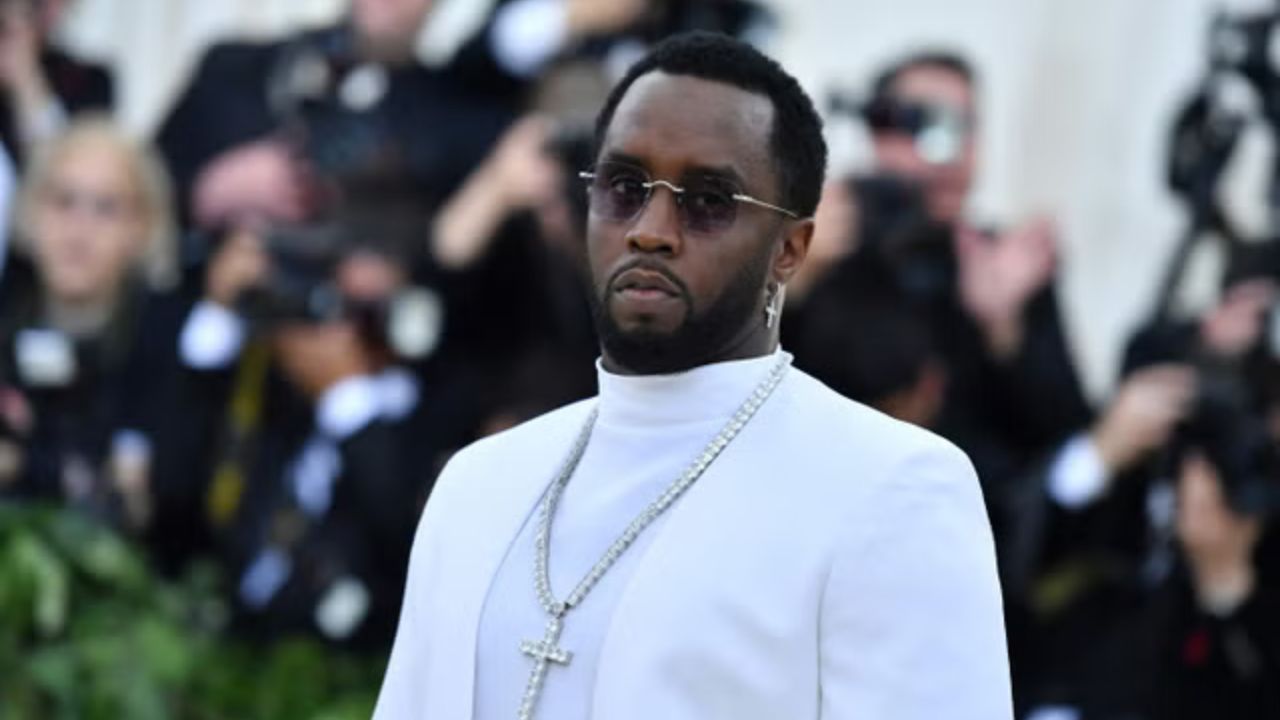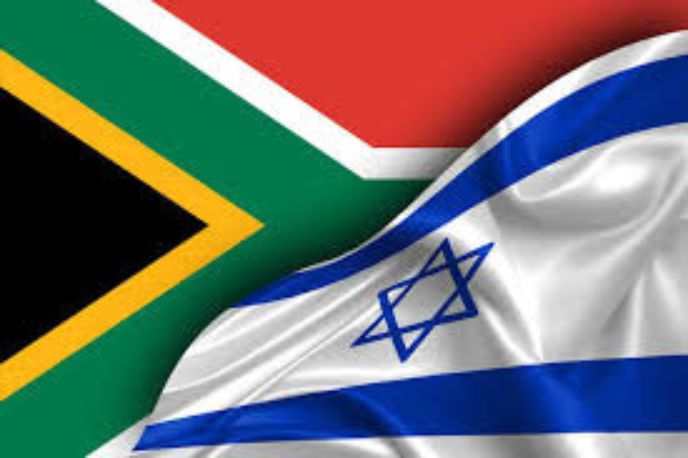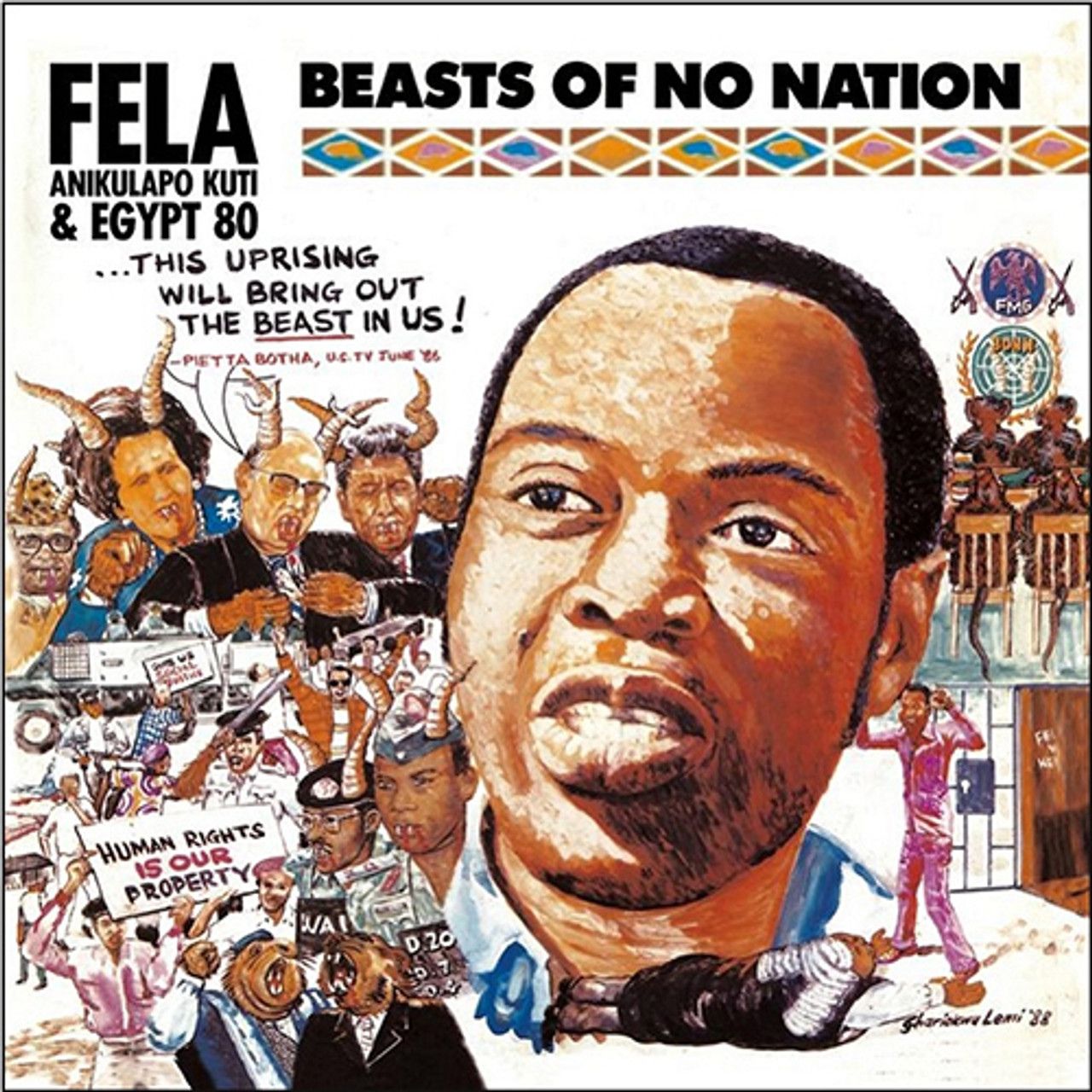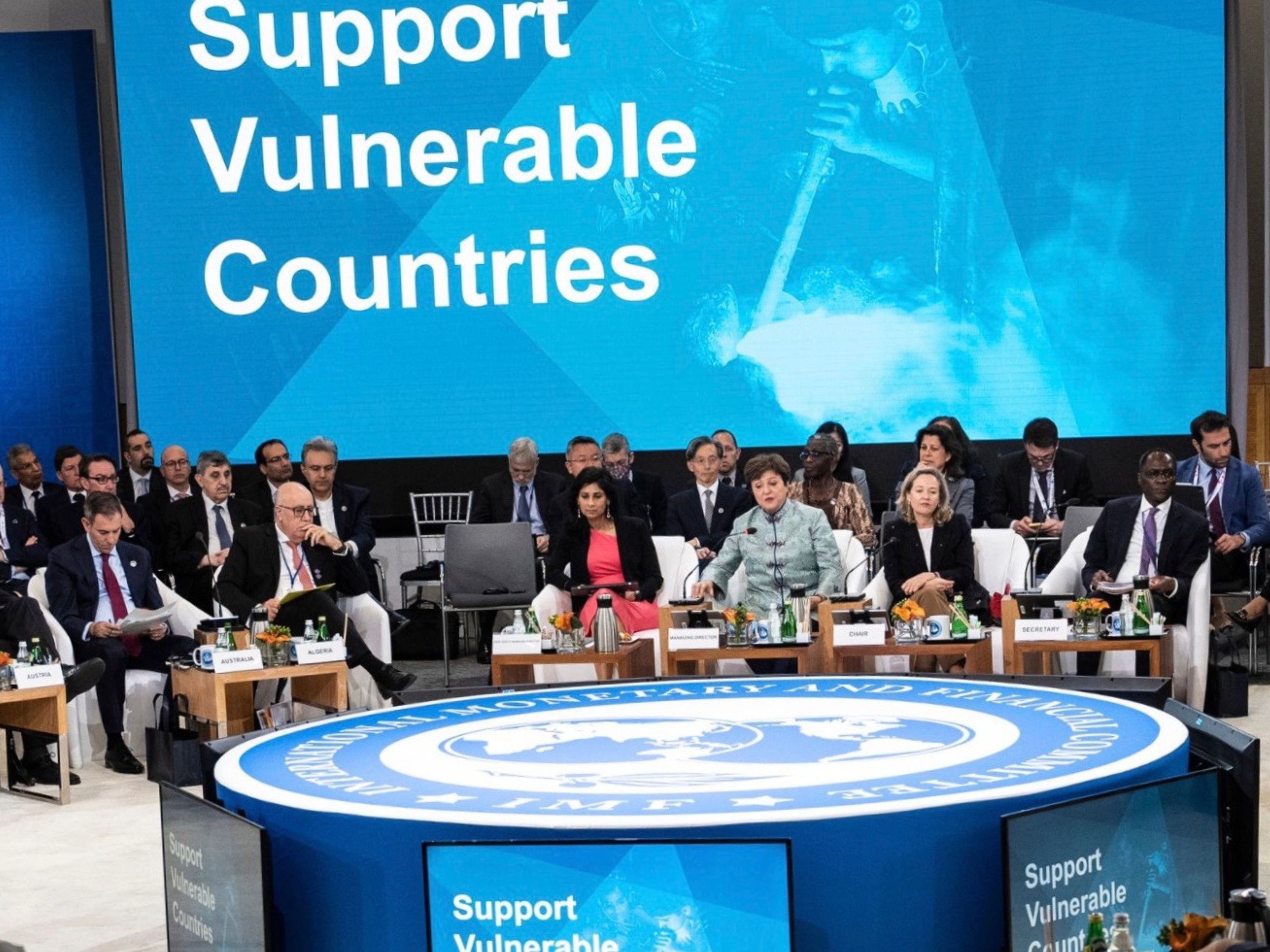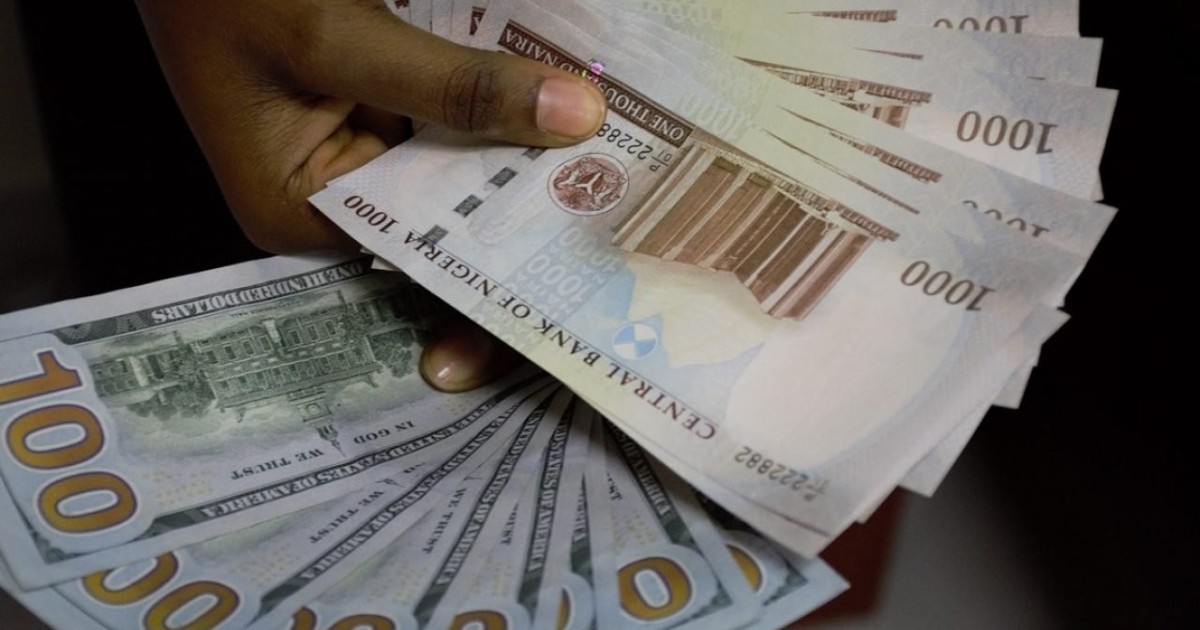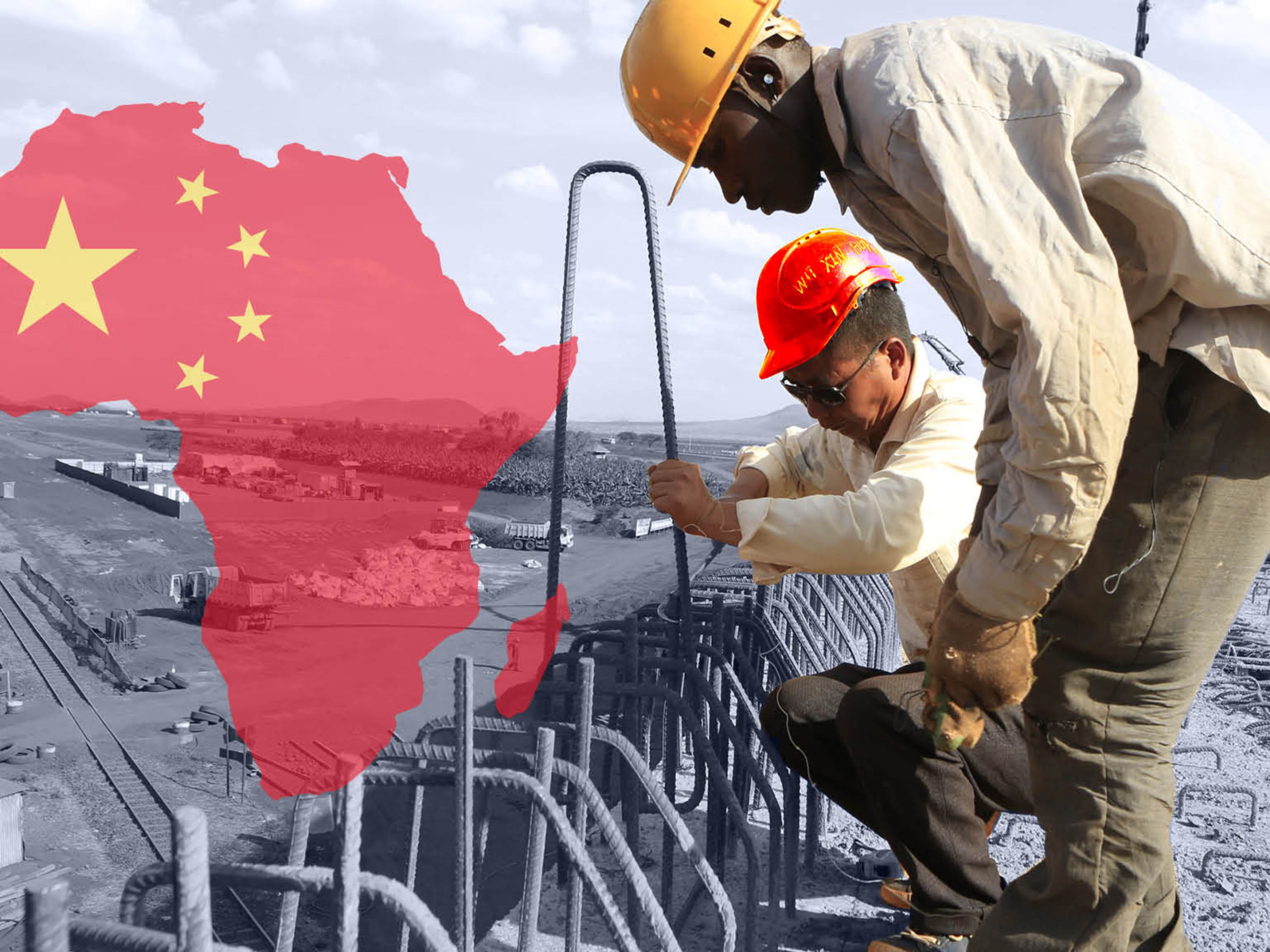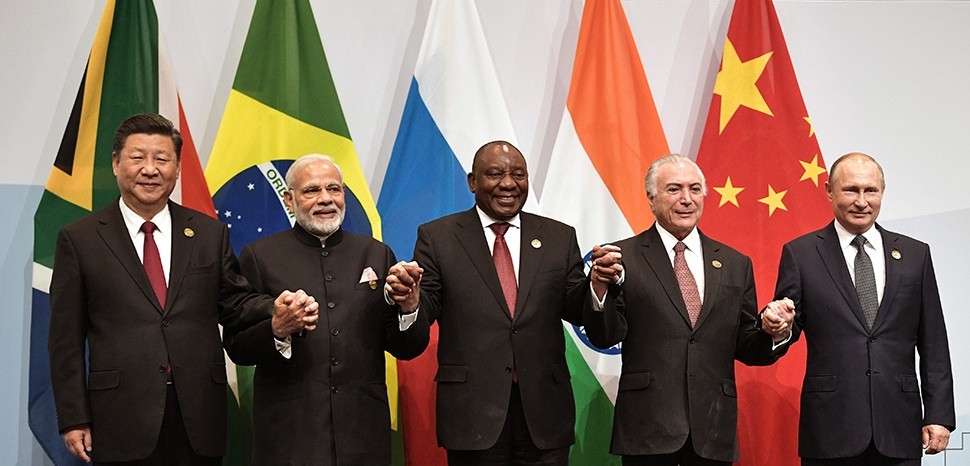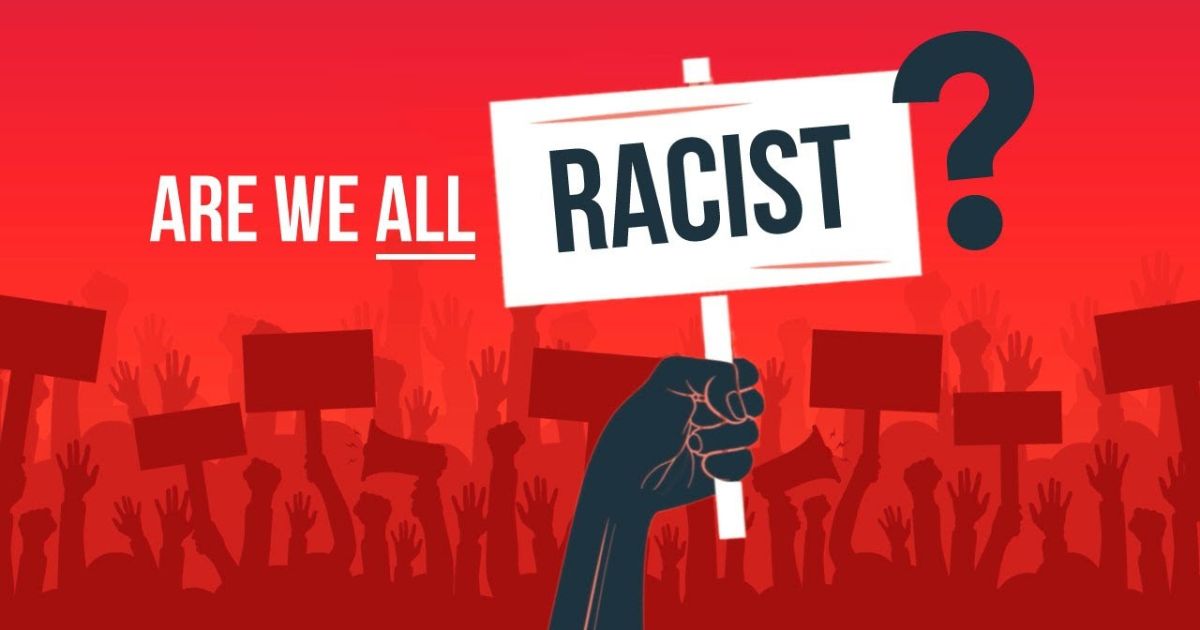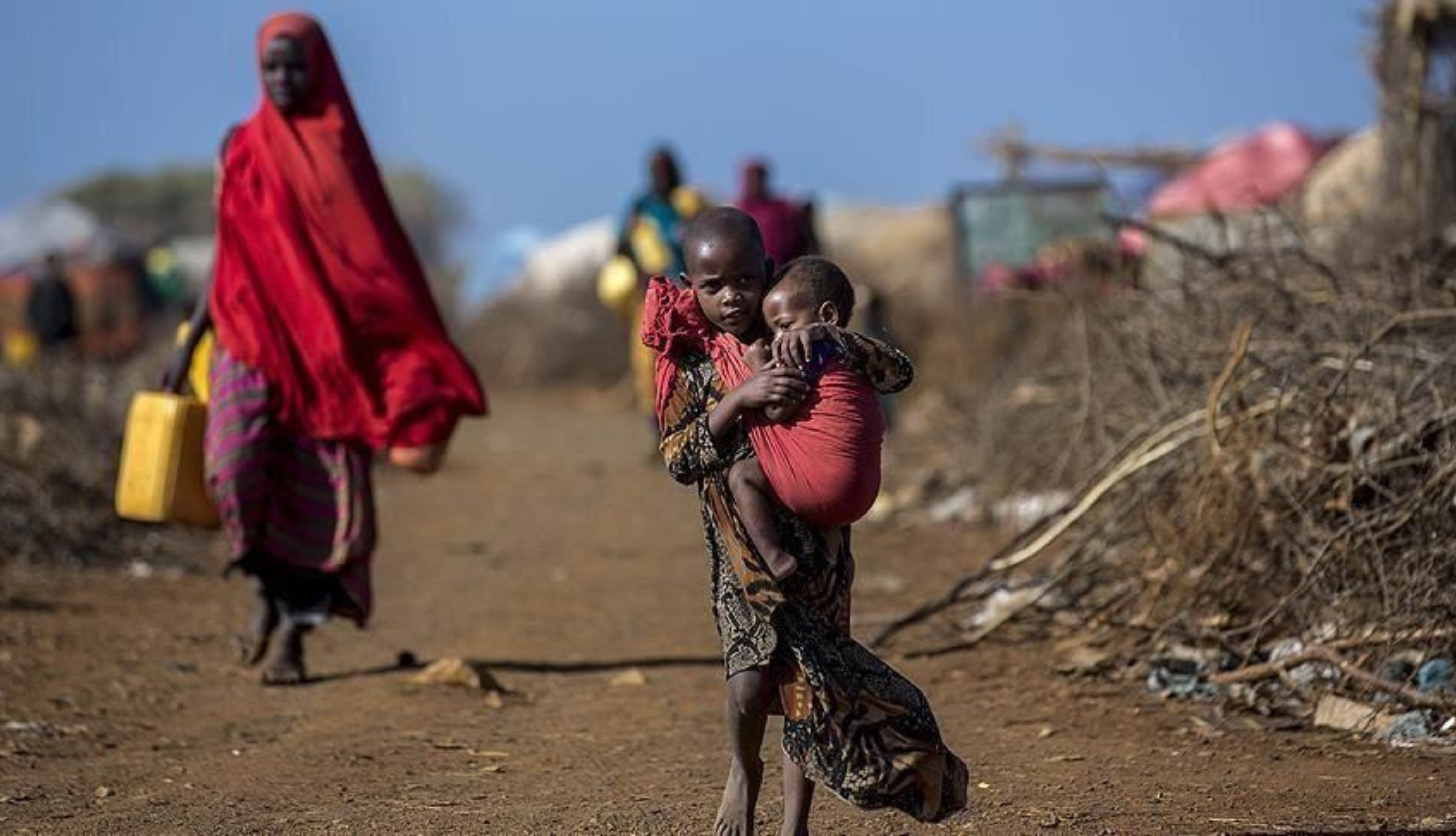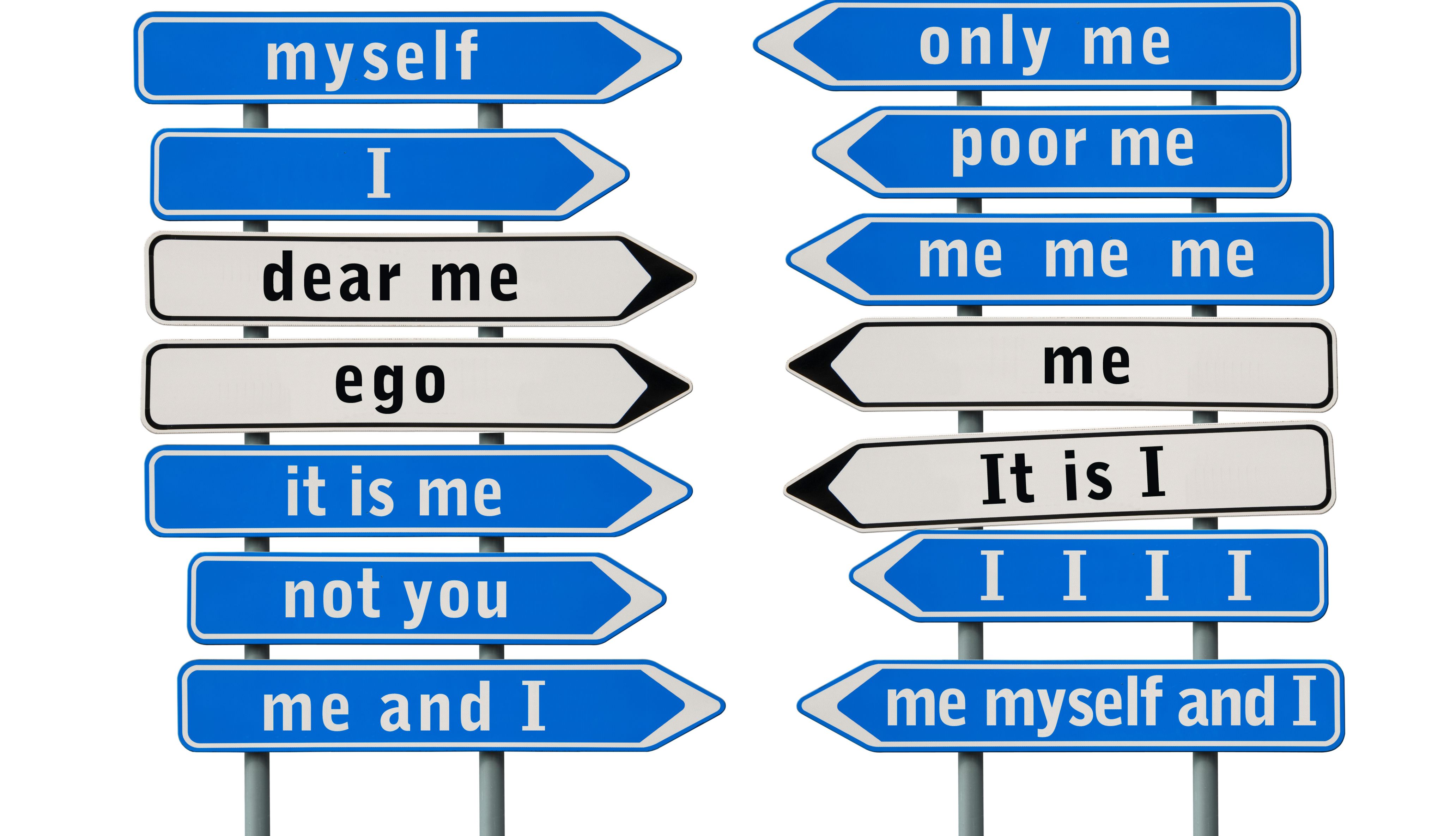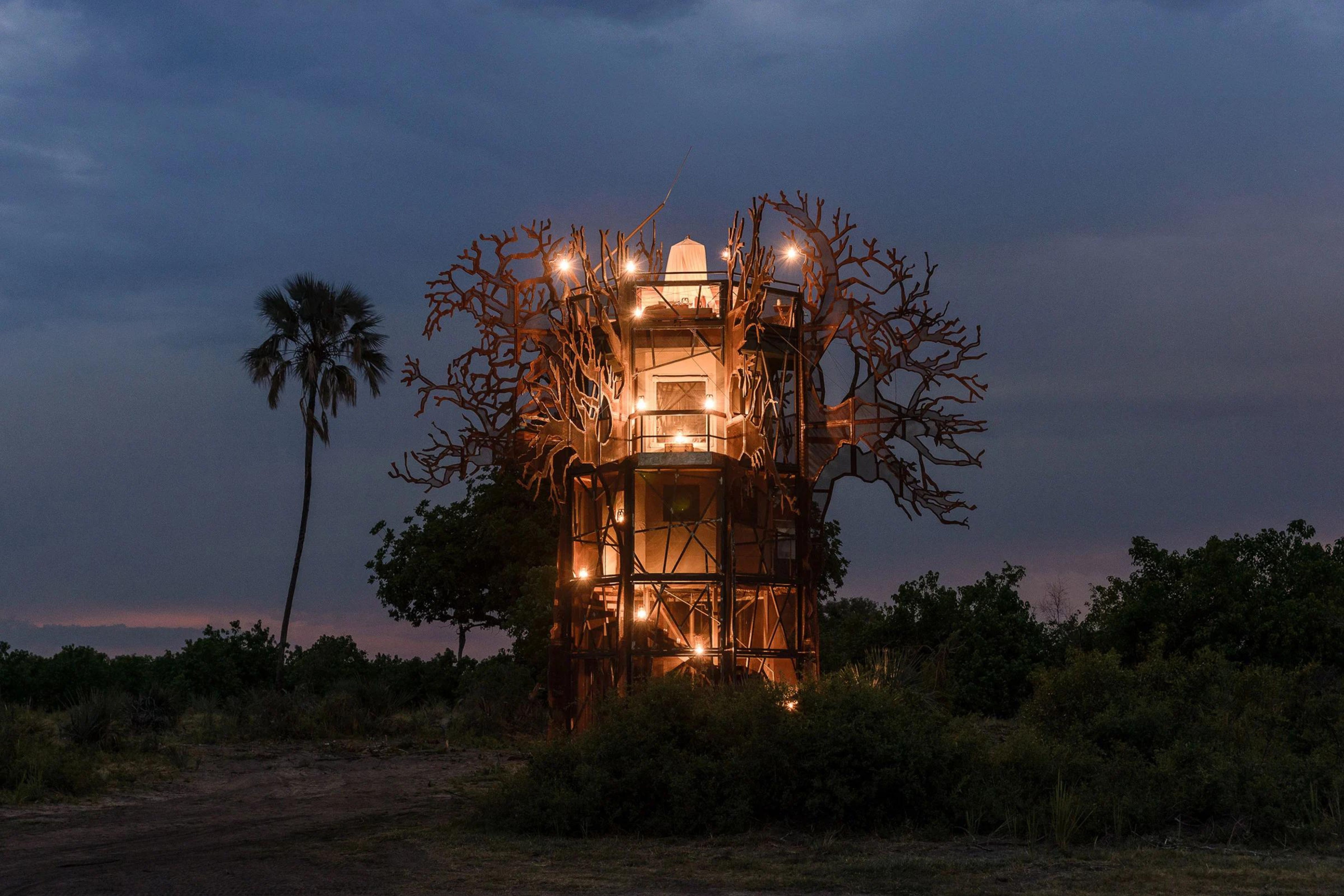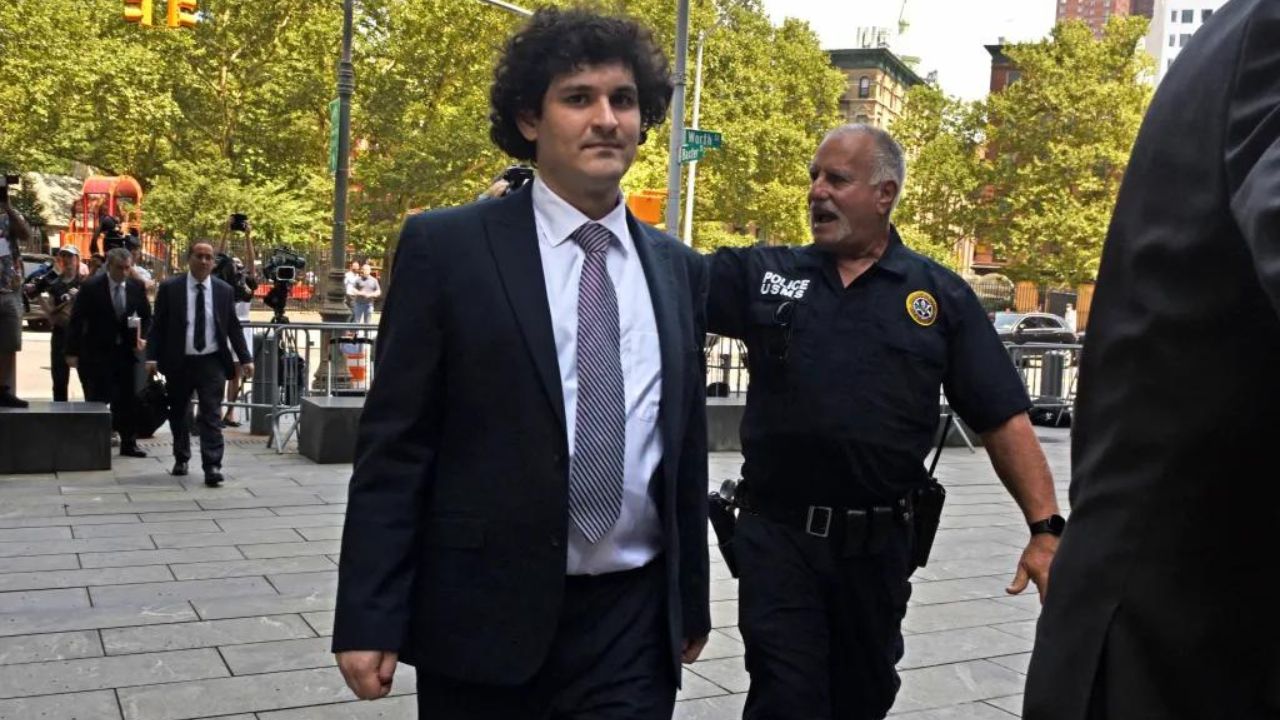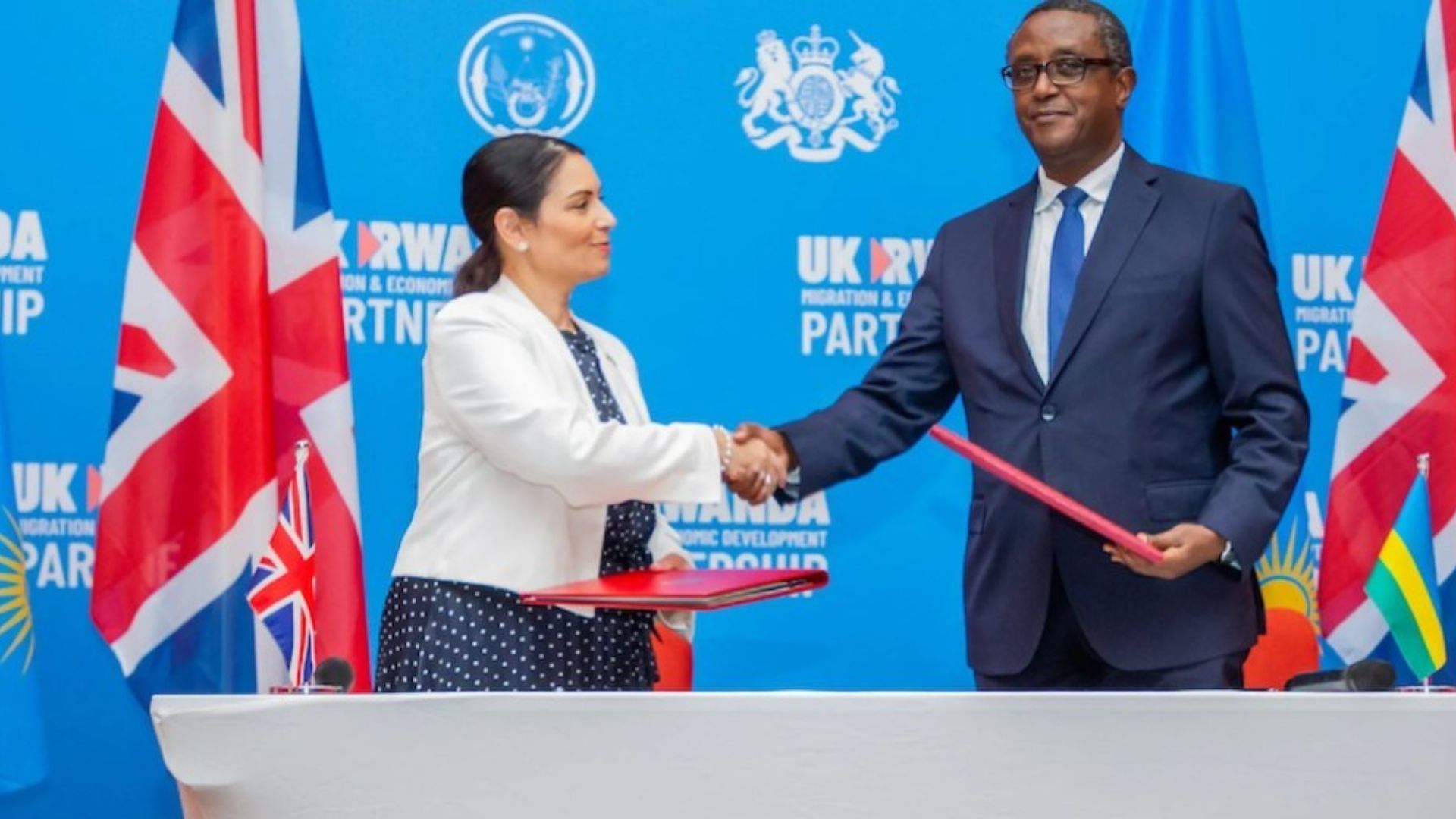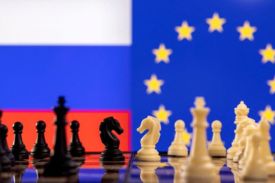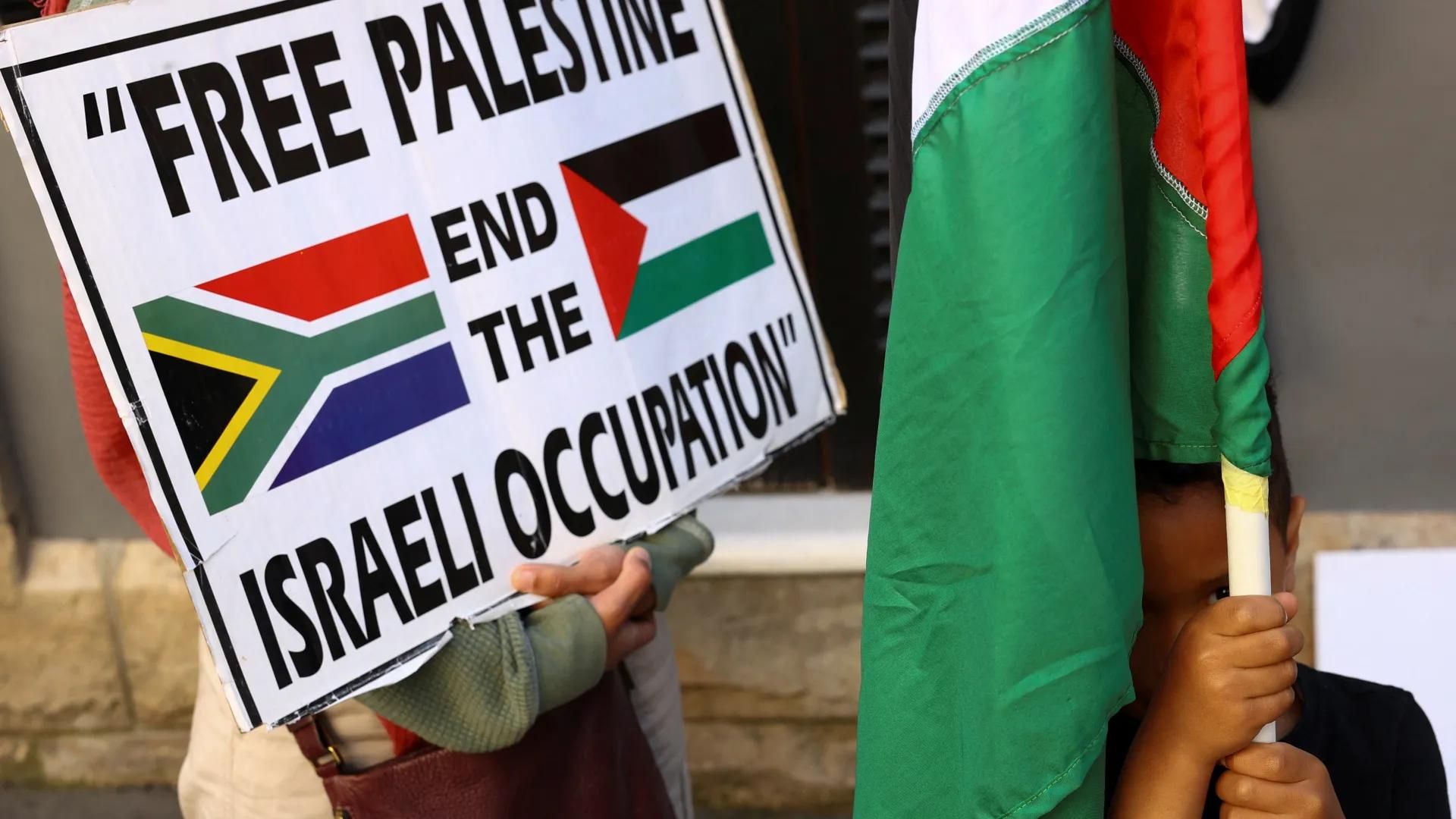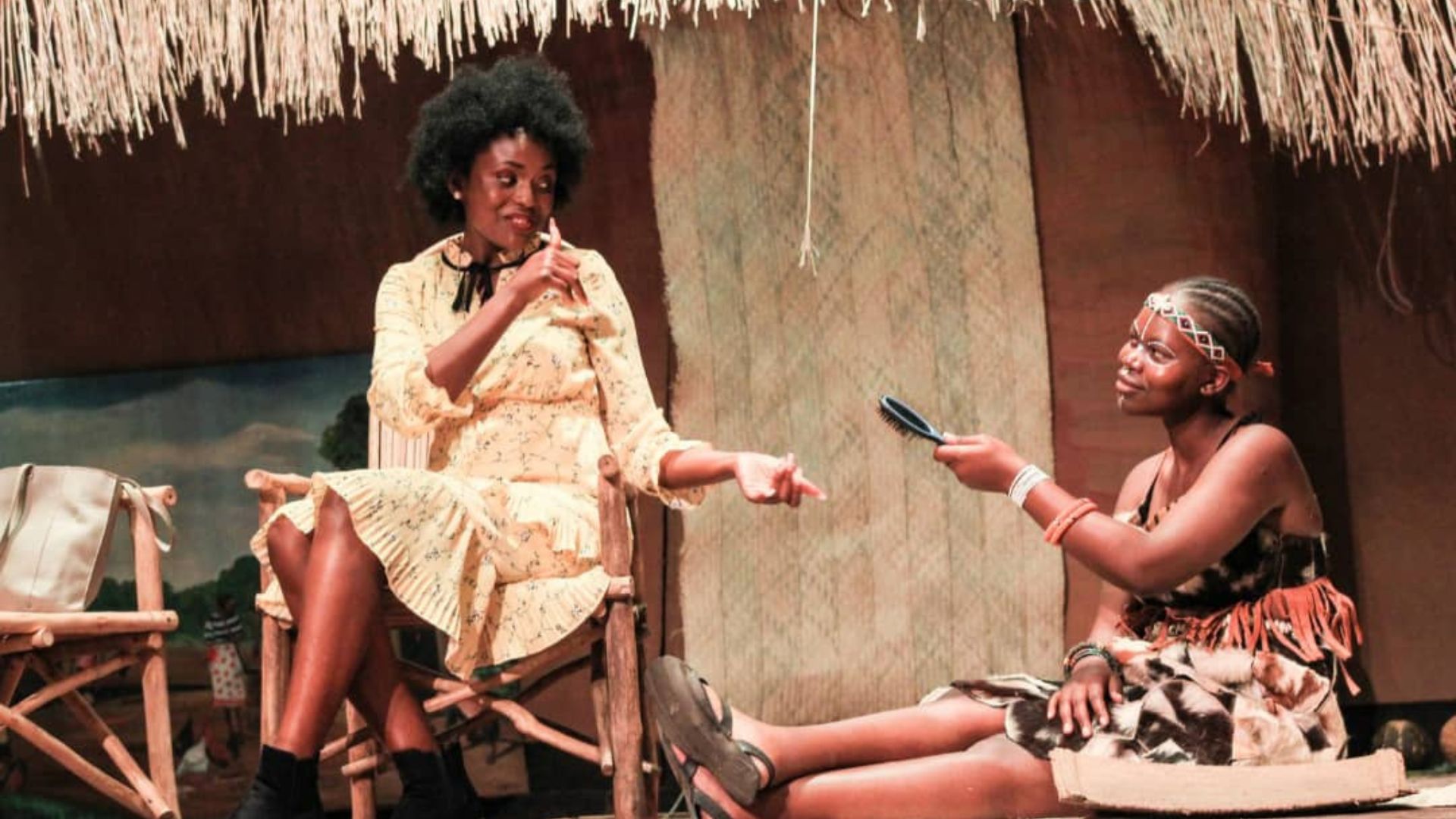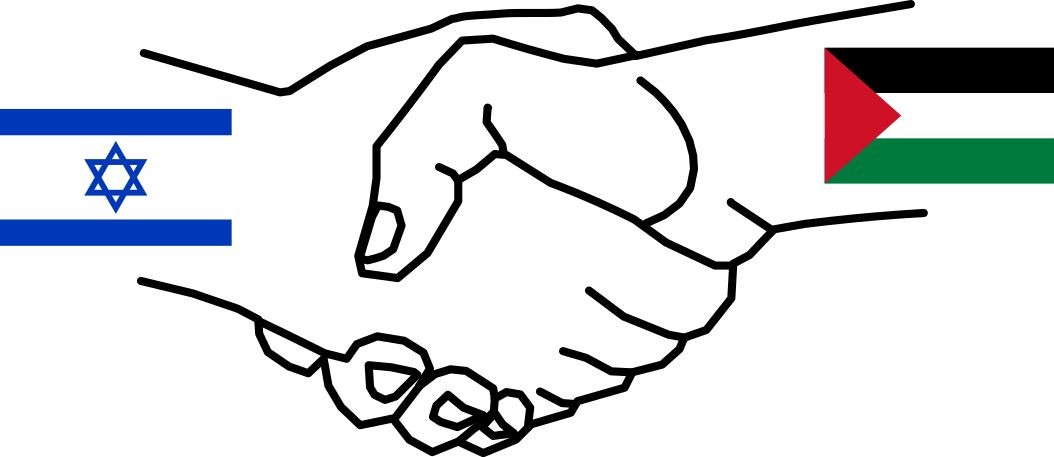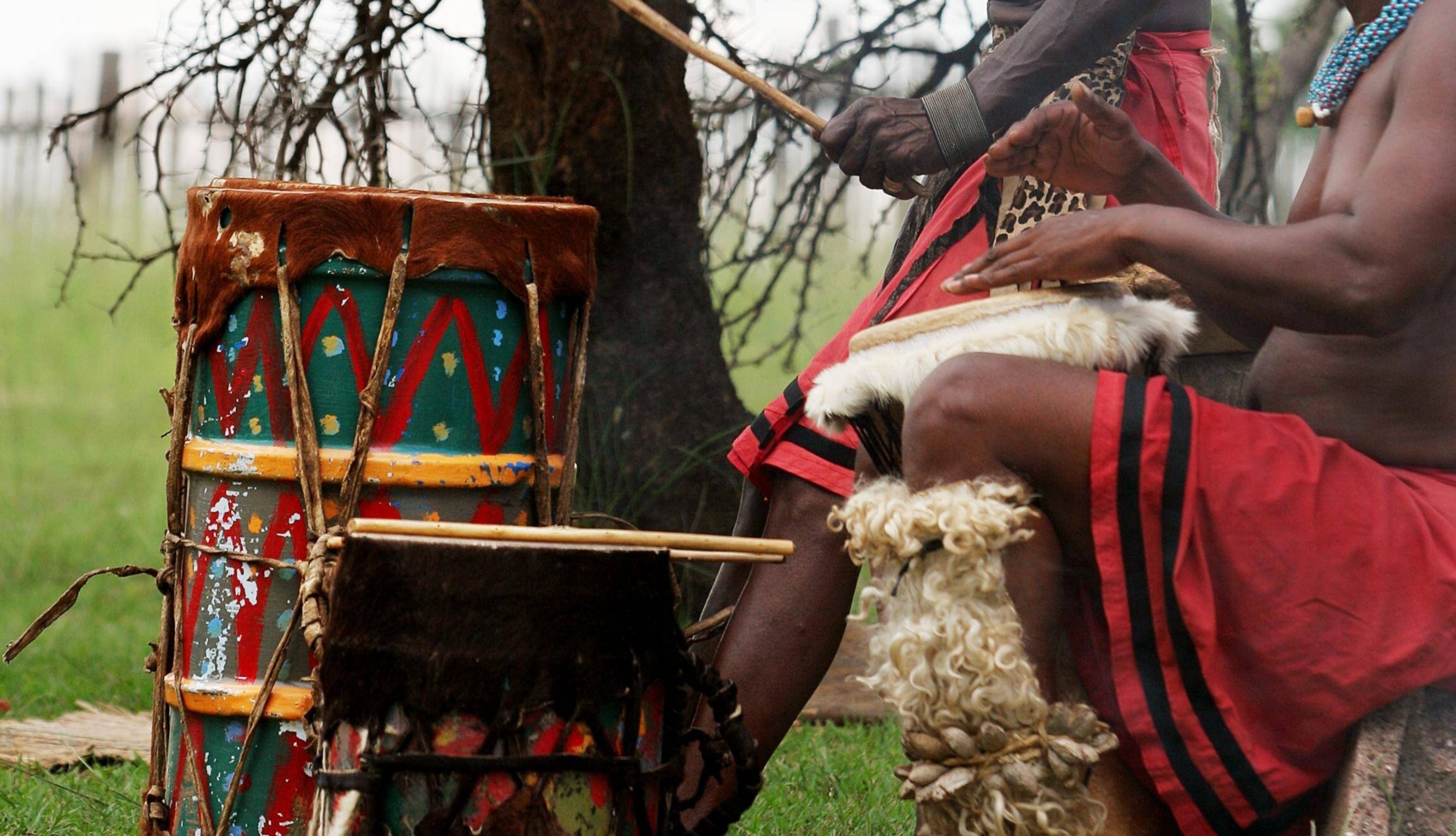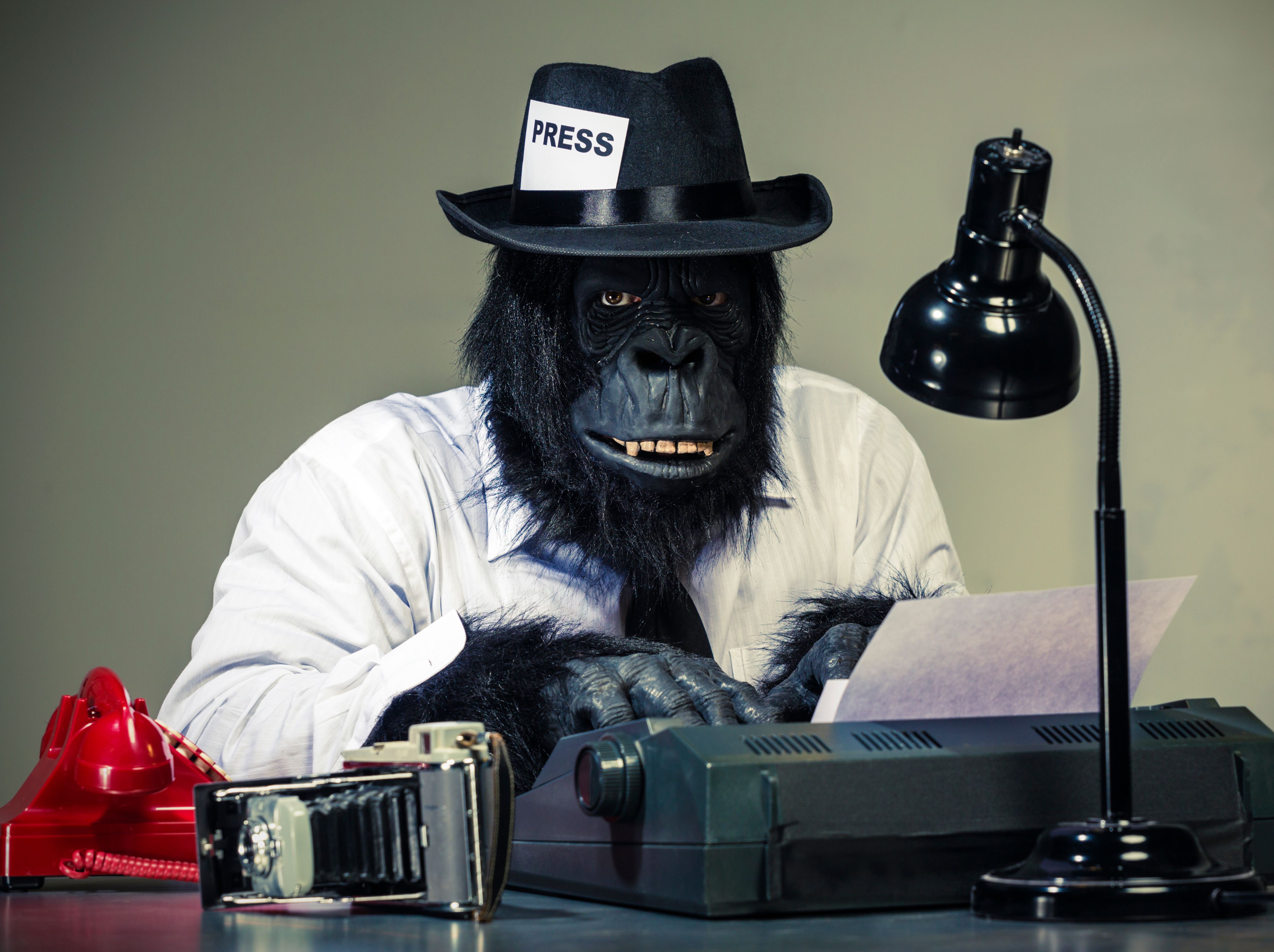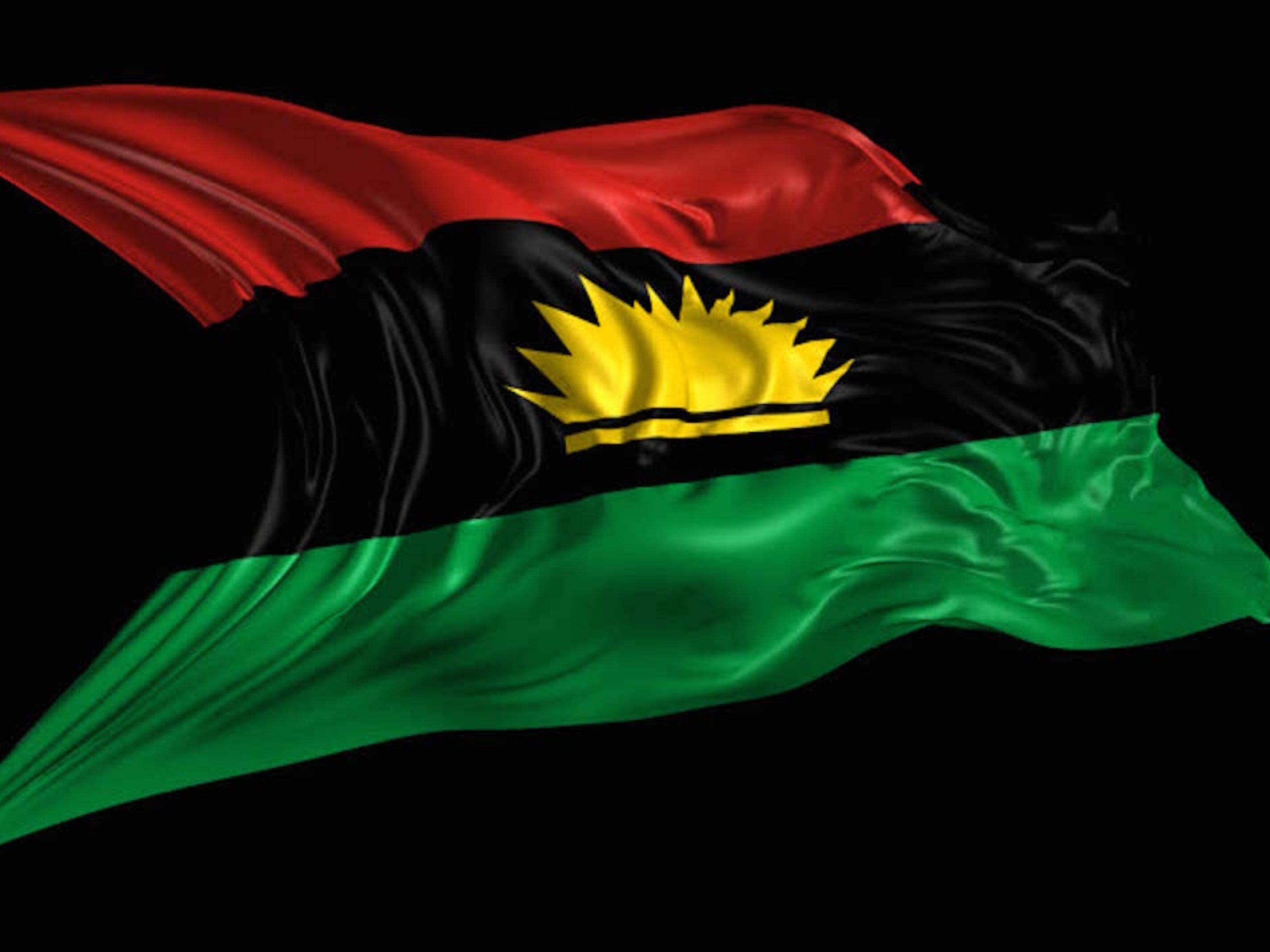Before “Westernisation”, traditional African institutions were the driving force behind its growth and development. However, in a sharp twist of action, these institutions are gradually being neglected for the emergence of a supposedly civilised society.
While every institution is bound to experience a change in its course of action, it is worrisome that a total ‘erosion’ of our customs and traditions is fast becoming the order of the day rather than an embellishment of our existing practices.
Even though we have been warned of the dangers of abandoning our roots, our negligence is gradually leading to our loss of identity as Africans. Therefore, it becomes imperative that heritage propagation becomes a priority if we are to save our traditions from being eroded.
Africa in Birago Diop’s “Vanity”
The poem “Vanity” was authored by Birago Diop, a Senegalese poet and storyteller. His works have been instrumental in his rise as one of the finest African francophone writers.
In this poem, Diop carefully highlights the essence of being “African” and the need to preserve societal ideals. The diplomat, a renowned veterinarian and a leading voice of the Negritude literary movement believed that the tenets that formed the base of traditional African institutions should not be sacrificed on the altar of civilisation.
Diop also holds high regard for the dead, as he believes that, even at death, they take on the essential role of watching over us. In stanza one, Diop asks some rhetorical questions: “If we tell, gently, gently all that we shall one day have to tell, Who then will hear or voices without laughter Sad complaining voices of beggars Who indeed will hear them without laughter?“
People’s reaction to our predicament as a continent is an issue to be pondered on. However, it is safe to say that our present predicament results from our doings, and one wonders if we even have any right to complain about our challenges.
Diop compares our voices to those of beggars, which shows Africa’s sorry state. We are accustomed to borrowing, and our dependence on foreign aid is fast becoming a norm, if not a necessity.
Diop further asks in the stanza: “If we cry roughly of our torments, ever-increasing from the start of things, what eyes will watch our giant mouths? Shaped by the laughter of big children, What eyes will watch our giant mouths?” Our ailing continent needs urgent care, as evidenced by the reports of insecurity and poverty across several countries. It is needless to start complaining about our present state if we are not ready to get things right.
Most of the challenges now are perennial issues that have been neglected. Do we still wonder why no one is ready to help us? It is simply because we have refused to take the bull by the horns. Diop went further to reveal the cause of our predicament, saying, “What heart will listen to our clamouring? What ear to our pitiful anger, which grows like a tumour in the black depth of our plaintive throats?”
Our anger about the challenges facing us is growing like a tumour. One begins to wonder who would listen to someone with self-nurtured pain. We have yet to heed the advice of our ancestors and have become the architects of our troubles.
Diop wondered if anyone was emotional enough to pity Africans in this state. Instead, we have only been courted by pretenders who come as helpers, but they are only looking for an avenue to milk us dry by taking advantage of our self-imposed pain.
Sometimes, we label our traditions as “primitive.” We also use other terms like “outdated.” This makes one wonder if all our traditional practices are harmful. In the following stanza, Diop describes how we disregarded advice: “When our Dead come with their Dead, When they have spoken to us with their clumsy voices, Just as our ears were deaf To their cries, to their wild appeals, Just as our ears were deaf.”
The rapport between our ancestors and the colonialists during the colonial period made them see what lay beneath westernisation. They shouted to us to beware of their antics, but we were too busy to hear. We thought we could figure it out on our own, and we were less concerned about what would become of this unholy alliance.
Alas, just as Diop puts it in Vanity: “They have left on the earth their cries, In the air, on the water, where they have traced their signs For us, blind, deaf and unworthy Sons Who see nothing of what they have made They have traced their signs in the air, on the water.”
Our ancestors have done their bit. They made mistakes, and they warned us about them. The traces of their struggles are evident for all to see; unfortunately, we have not taken heed.
Chinua Achebe was right when he said, “The white man is very clever.” He came quietly and peaceably with his religion. We were amused at his foolishness and allowed him to stay. He has won over our brothers, and our clan can no longer act like one. “He has put a knife to the things that held us together, and we have fallen apart.”
Now, Diop describes us as unworthy sons. Children are meant to protect the legacy of their parents, but we have only allowed ours to be taken away from us and replaced with something alien. “And since we did not understand our dead, we have never listened to their cries. If we weep, gently, gently, If we cry roughly of our torments, What heart will listen to our clamouring, What ear to our sobbing hearts?”
Our disobedience to our ancestors’ instructions has led us to our present state. If we continue to complain or weep, we will not get help, as the solutions to our troubles lie within us. Doing what is necessary and accepting our responsibilities remains the only way out of our demoralising situation.
Our unending desire for the values and civilisation of the West must be put in check. We must begin to look forward to advancing our African tenets, which will be pivotal to our growth and development.
Trading blame at this point is not the solution, but a rallying call to all Africans to embrace their customs and traditions remains the only pathway to sustainable growth and development. As Kwame Nkrumah would say, “The forces that unite us are intrinsic and greater than the superimposed influences that keep us apart.”
For how long shall we cry? How long should we complain? We do not have to wait for Godot to save us. We are our messiah! Our traditional institutions remain the bedrock of our development.
Just as Henry Johnson, Jr. once said, “Africa is for “Africans,” and on those premises, only Africans can change Africa.” Westernisation will not do it.

